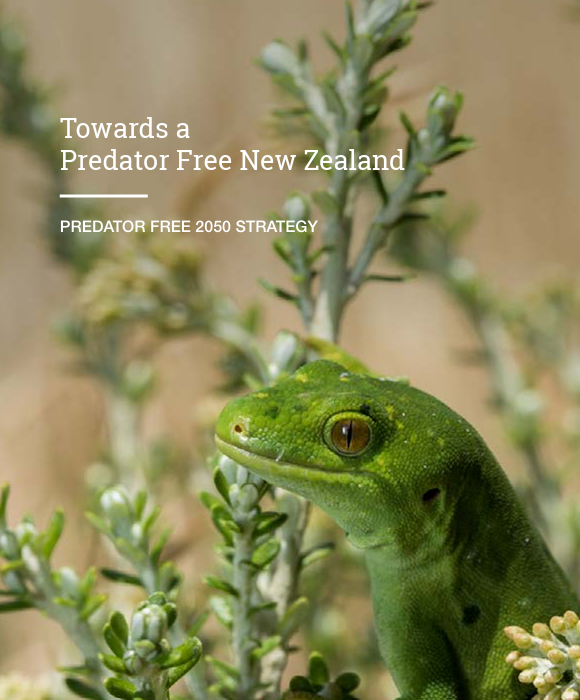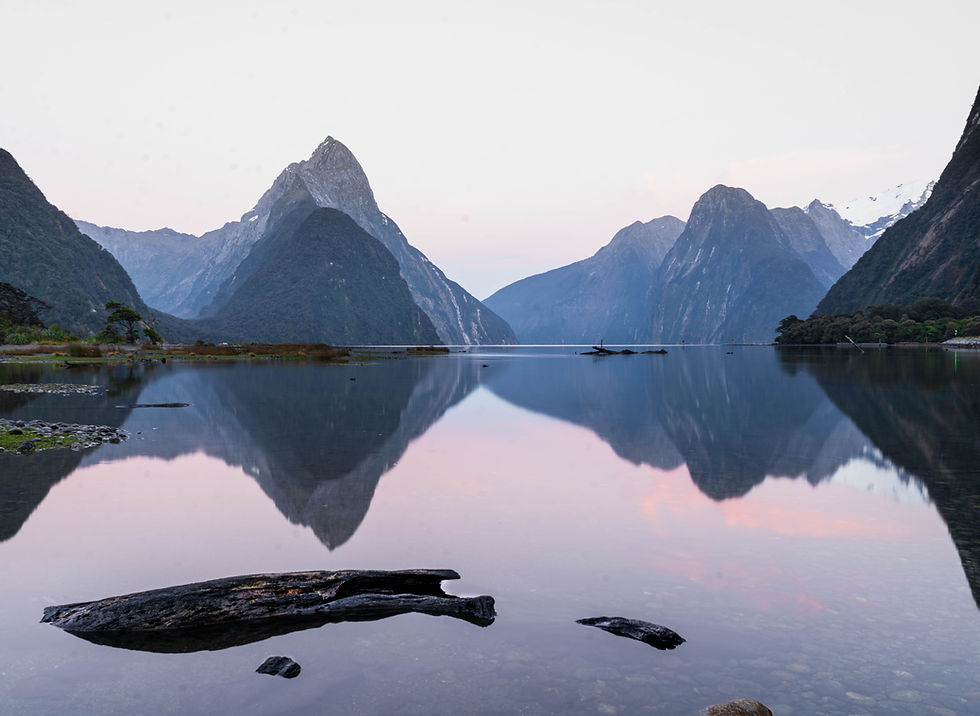Submissions & Advocacy
- VAWA

- Mar 30, 2023
- 5 min read
Updated: Jul 14, 2025
At this site, you can see submissions and advocacy work that VAWA has undertaken as we seek to create better lives for animals.
To achieve this, we use our knowledge and expertise in veterinary and animal welfare science and our five tools - education, advocacy, submissions, consultation and collaboration.
We aim to influence decision-makers and help make progress for animals and their welfare. We work for all of Aotearoa's animals from wildlife to farmed animals, from those that are our companions to those in entertainment and those that are unwanted introduced mammalian species.
2025
VAWA opposed the RSB, concluding our submission by saying that despite, '...its neutral title, the Bill introduces a set of principles that heavily favour property rights, regulatory minimalism, and economic efficiency - at the expense of social, environmental, and ethical considerations. If passed in its current form, it threatens to erode hard-won protections for animals and to chill future lawmaking designed to improve their welfare.
Animals are among the most vulnerable members of our society. They cannot vote, lobby, or litigate. Without robust law - and a values-based approach to lawmaking - they are easily forgotten, or worse, sacrificed to convenience, or economics.
But under the Regulatory Standards Bill, reforms that make progress for animals could be contested or stifled. The Bill’s “Liberties” principle, for instance, gives weight to an individual’s right to control property - including animals - over the public interest in preventing cruelty.
Predator Free 2025 Strategy Review

We '... strongly supported the inclusion of feral cats in the PF2050 programme.' We also noted that there is a need for urgent development and implementation of humane killing techniques for all pest species, include feral cats.
'Feral cats – like all cats – are apex predators in Aotearoa, and are known to be predators with significant impact on Aotearoa’s native wildlife (e.g., predation impacts on endemic bird species, reptiles, bats, and invertebrates). Even at low population densities, their ecological footprint can be severe – there is no question about the fact that feral cats (and other pests) cause harm to our native species and ecosystems.'
In general, VAWA was pleased to see the draft Code of Welfare for Sheep and Beef Cattle make suggestions for change that once implemented will somewhat improve the welfare of animals.
However, we think the Code should have been more ambitious on several key features:
virtual fencing,
shade/shelter,
winter grazing and
pain relief for young animals.
We would like to see regulation of these matters, or second best, stronger minimum standards.
We have significant concerns about the use of ‘trained and competent person’ in multiple minimum standards, given it is vague and uncertain. This leaves animals vulnerable to poor operators and compliance officers with few teeth.

June 2024 | Resource Management Act Amendment Bill 2024
VAWA opposed the amendments, as they leave the environment, people and animals at risk of worse outcomes and more seriously compromised welfare.
The mauri/wairua/welfare of water must be protected, and restored where it has been degraded.
Water is the essence of life, a necessity for life on Earth and a critical bottom line that cannot be traded off. It is our duty is to protect the mauri of wai/awa and Papatūānuku, and the welfare of future generations.
June 2024 | Fish Farming in the Open Ocean
We submitted and presented to the Primary Production Select Committee against the extension of coastal fishing permits. Blanket 20 year extensions would enable perpetuation of high intensity, low-welfare fish farming systems, without review of the impacts on the environment, nor the animals. Fish are sentient and legally, their welfare must be considered during their brief, confined lives, despite overwhelming evidence that this is not the case.
November 2023 | Marine farm application in the Cook Strait
UPDATE: January 2024 - consent Gazetted.
VAWA submitted on and opposed an application that sought to create intensive fish farms in the Cook Strait. We posited that in approving the application for the proposed aquaculture system, animal welfare, the long-term risks to New Zealand’s reputation and social licence to operate must be considered.

A stated aim of the 53rd New Zealand Government’s Aquaculture Strategy was to grow the aquaculture industry revenue to $3 billion annually by 2035. Briefings provided to the Minister for Oceans and Fisheries did not discuss animal welfare and neither does the Strategy. Enabling the development of high intensity, low-welfare (including during slaughter) fish farming systems is not a sustainable, long term.
VAWA contends that consideration of animal welfare must be included in any fish farming consent process because:
the Animal Welfare Act 1999 (‘the Act’) requires us to farm animals in a certain way (i.e., so that their welfare is adequately protected (or at least the worst of their suffering is mitigated); and,
the Resource Management Act 1991 (‘the RMA’) also requires the effects on the environment (which includes animals) to be considered and managed.
VAWA supports high-welfare fish farming such as the systems being developed by Plant and Food Research.
February 2023 | Wogan Hills
UPDATE: June 2023 - this consent has been withdrawn by the applicant.
VAWA submitted on and opposed an application that is seeking to create four composting barn/feedlots housing up to 2200 cattle at Kaituna Valley on Banks Peninsula.
"1. VAWA opposes this development
2. Like National Animal Welfare Advisory Committee, we do “not consider permanent management of dairy cattle in {off-paddock systems} consistent with the {Animal Welfare} Act.” That is, animal sentience is not adequately supported."
February 2023 | MPI's Long Term Insights Briefing Report
VAWA voiced concerns about the lack of attention to local food security and the total focus on growing exports, despite an increasingly unstable geopolitical environment that affects New Zealanders' ability to feed themselves.
"Furthermore, we consider that the Public Sector Act, Schedule 6, section 8(2)(a); requires MPI to address things that affect NZ and NZ society, and we consider this in the first instance ought to address our local supply chains and food security.
Currently, despite being a massive exporter of dairy, meat and some fibre, we have citizens that can’t afford milk nor cheese. This ought to be THE primary concern for the Ministry and the Government."
March 2023 | Submission on Dog Tethering and Dental Regulations
Following on from the extensive work done by VAWA for the NZVA's Companion Animal Veterinarians, we were delighted to see consultation on a regulation for non-veterinarians to be able to legally perform some dental procedures.

"VAWA fully supports, in its entirety, the proposed subgingival dental procedure regulation.
For rationale on why this is a critical criteria and in addition, why this regulation is urgently needed, we refer you to the NZVA’s presentation and submission to the Regulations’ Review Select Committee (RRSC)."
We also submitted on tethering of dogs and made sure our submission supports the SPCA's advocacy and their inspectors' needs.
May 2023 | Reducing Bird Kill during Longline Fishing
Not only did we submit on this important issue, we shared our submission with others so they could add their support, either through their own submission or writing a supporting letter for VAWA's submission. Every year, hundreds of seabirds including albatrosses, shearwaters and petrels are caught on hooks by New Zealand fishing vessels, and die a low welfare death by drowning.
"Given there are known (mens rea) and the predictable outcomes, these deaths cannot be described as being inadvertent or accidental. This recklessness kills birds, and their blood is on the hands of those that choose to pursue, and via regulation (or lack of) allow, unmitigated, this reckless practice."






Comments